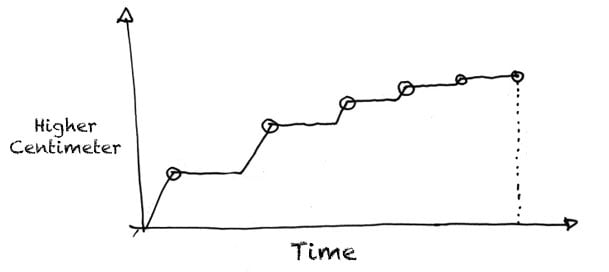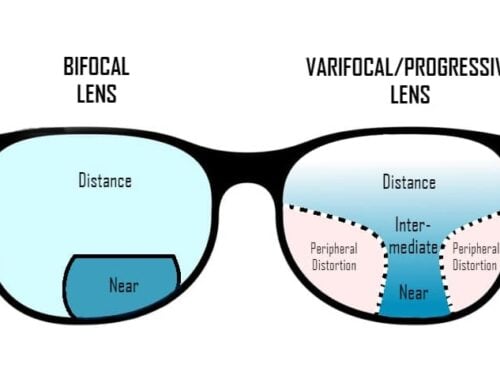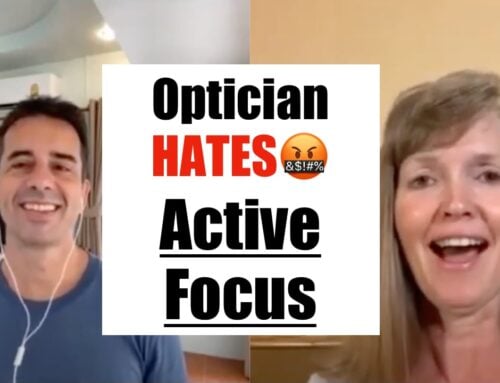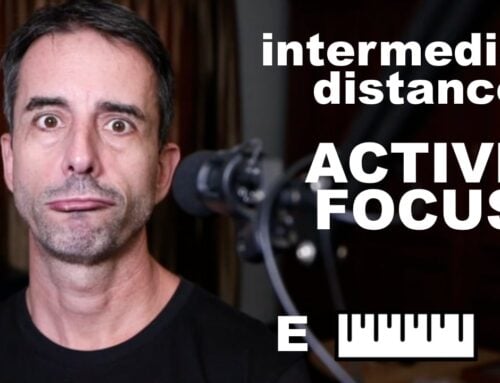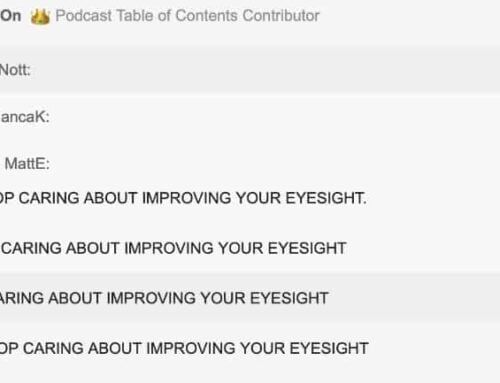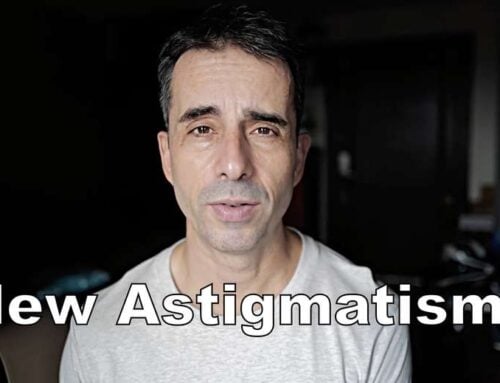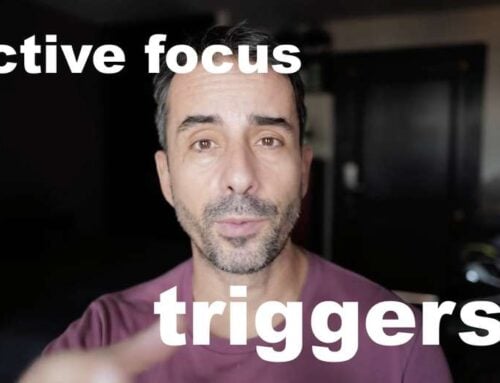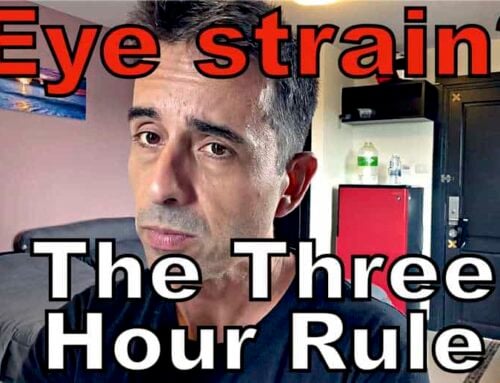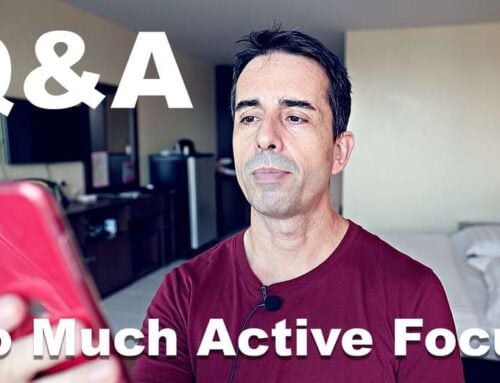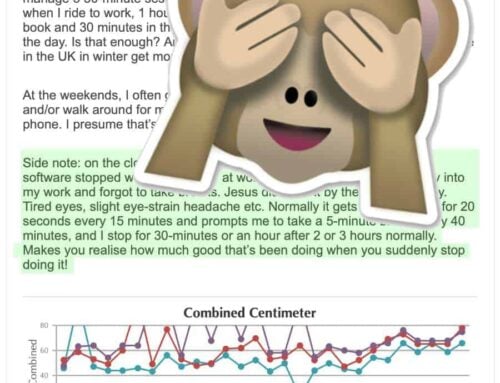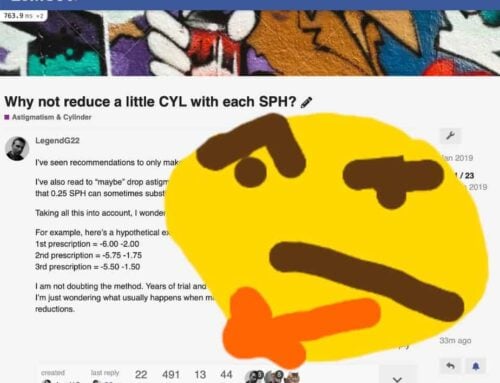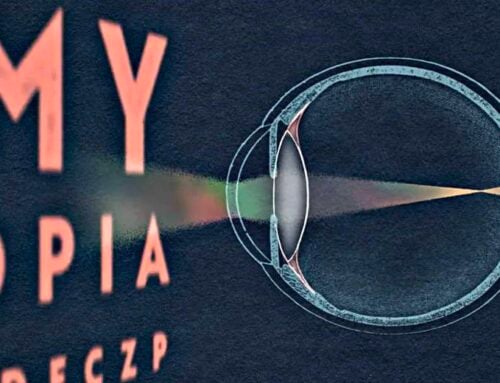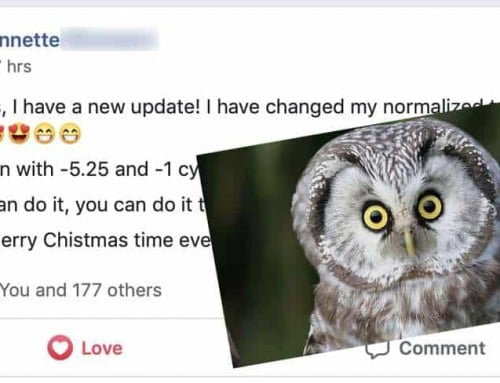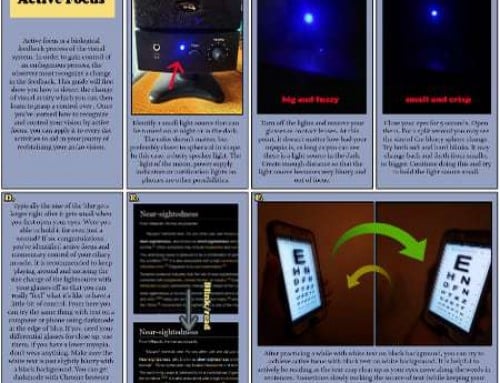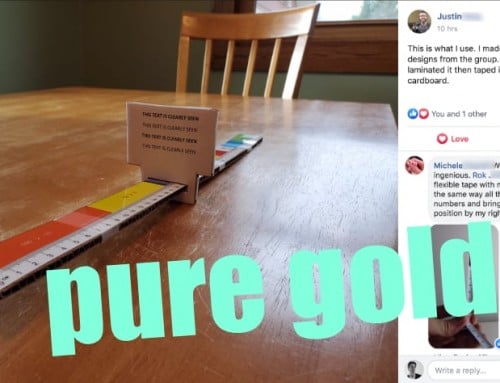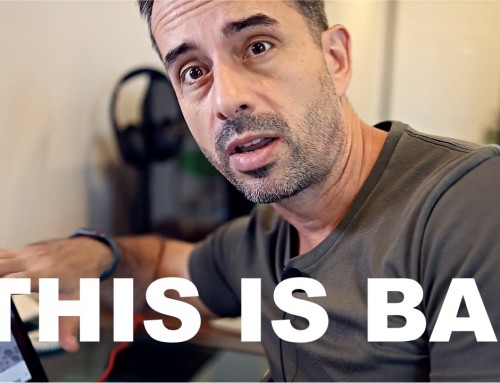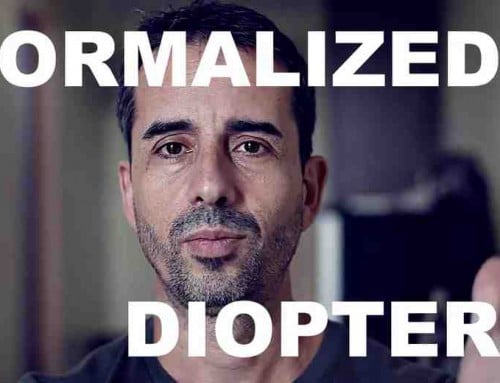Sooner or later, on your vision improvement journey, you’re going to encounter the plateau.
Yikes, the plateau.
Though first thing to understand is that all improvement is cyclical. The cycles change and you don’t start to see the pattern until quite a ways into your own improvement experience. I always suggest you keep a log, which also helps me assess whether you are genuinely “stuck” somewhere.
When you first start out, you’re likely going to be improving very quickly.
At some point, that curve levels out a bit. We talk about this in my program, and generally you should be happy to go down 0.25 diopters every 3-4 months. (once you are past the initial round of improvements)
Remember the reductionists?
I’ll tell you this: nobody is going to get you as solid and positive and productive myopia rehab experience, as I do.
Take that, false modesties.
You know why?
Eyesight health advice comes from three camps.
One, the mainstream optometrist. “Your eyes are broken, buy my 400% markup lenses and fashion frames, see you next year.”
You already know how that story ends.
Two, Fluffy McFlufferton. In this camp, every last one of the Bates Method clones. “Close your eyes and count these beads and, sun rays”. And also the “eye yoga” hippies. And all the other shanti-shanti, not-science, eat these super-berries personas.
Feels nice, goes nowhere.
Three, the … “scientists”. I used to like those guys, honestly. Science is where it’s at. But you know what’s wrong with that camp?
They’re like a bunch of robots, sometimes.
Everything is reduced to numbers and the body (eye) becomes this abstract sort of “thing” that must be analyzed and corrected. This works for some (did for me), but it’s discounting everything that’s either a) too complex for them or b) not instantly relevant to the exact symptom at hand.
Which camp dues guru-Jake belong to?
You know the answer to that.
Since my sharing-ness knows no bounds … below, the video stream part of the program session that deals a bit more with the benefits and pitfalls of reductionist thinking. In it I talk a bit about my journey to the east, western science vs. shanti-shanti, and a bit of the surprising turns that helped me in the long run.
(if you just stumbled across this site, the video may be a bit ahead of things for you)
Cheers!
– Jake

